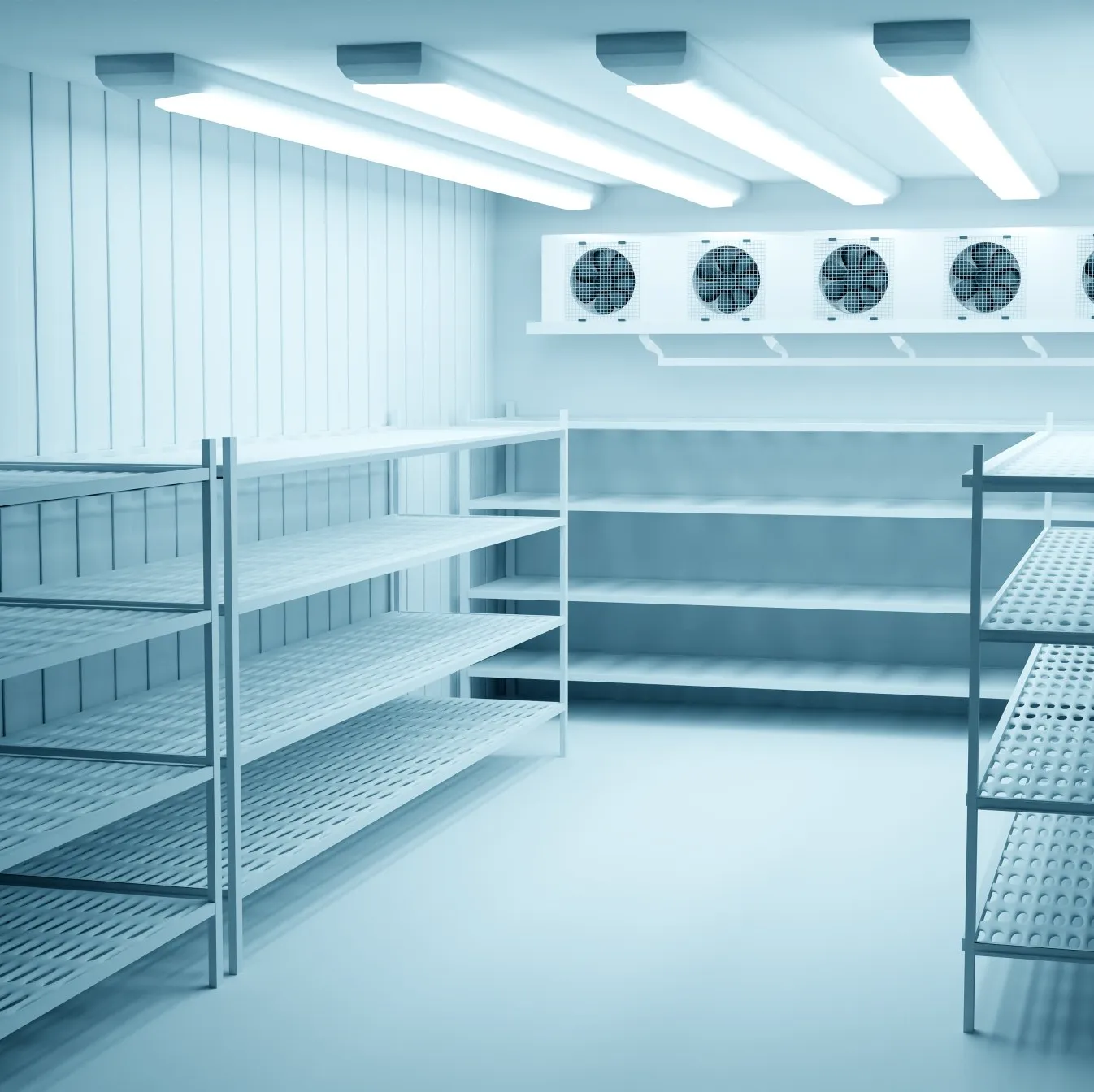Insulated Panels for Efficient Temperature Control in Cold Storage Environments
Cooler Room Panels A Comprehensive Guide
In today’s fast-paced world, maintaining optimal temperatures for perishable goods is crucial for both businesses and consumers. Whether you're running a small grocery store, a restaurant, or a large warehouse, the ability to manage temperature effectively can be a determining factor in your success. Cooler room panels, also known as cold storage panels or insulated panels, play a vital role in creating efficient cooler rooms that preserve food quality and enhance energy savings. This article delves into the features, benefits, and considerations associated with cooler room panels.
What are Cooler Room Panels?
Cooler room panels are designed to provide thermal insulation and structural integrity to refrigerated spaces. These panels consist of various materials, but the most common are polyurethane and polystyrene, which offer extensive thermal resistance. They are manufactured in a variety of thicknesses, lengths, and finishes, making them adaptable to different applications and environments.
Key Features
1. Insulation Performance The primary feature of cooler room panels is their excellent insulation properties. The core material of the panels significantly impacts their thermal performance. Panels with higher insulation values (expressed as R-values) reduce heat transfer, ensuring the internal temperature stays consistent, thus improving energy efficiency.
2. Durability Cooler room panels are built to withstand harsh conditions. They are resistant to moisture, which is essential in refrigerated environments, as it helps prevent mold and bacteria growth. Additionally, the panels can be structurally reinforced to withstand external pressures and impacts.
3. Ease of Installation Cooler room panels are designed for quick and easy installation. Their lightweight nature and interlocking designs allow for rapid assembly, minimizing downtime during setup. This is particularly beneficial for businesses that require quick cooling solutions.
4. Versatility These panels can be customized for various applications, including walk-in freezers, refrigerated trailers, and distribution centers. Furthermore, they can be produced in different color finishes to align with aesthetic preferences or branding requirements.
Benefits of Using Cooler Room Panels
cooler room panels

1. Energy Efficiency One of the most significant advantages of cooler room panels is their energy efficiency. By effectively minimizing thermal loss, businesses can reduce their energy consumption, leading to lower utility bills and a reduced carbon footprint.
2. Improved Food Safety Maintaining the correct temperature is paramount for food safety. Cooler room panels help ensure that products remain at safe temperatures, reducing the risk of spoilage and foodborne illnesses. This not only protects customers but also safeguards the business against potential liability issues.
3. Cost-Effective Solution While the initial investment in cooler room panels may seem substantial, the long-term savings on energy bills and maintenance outweigh the costs. The longevity and resilience of these panels also mean that businesses avoid frequent replacements, further enhancing their cost-effectiveness.
4. Custom Adaptability Cooler room panels are adaptable to various sizes and configurations, allowing businesses to tailor their cooler rooms to specific needs. This flexibility is particularly beneficial for companies that may need to scale up or modify their operations over time.
Considerations
When choosing cooler room panels, several factors should be considered
- Thickness The thickness of the panels typically reflects their insulation performance. Businesses should assess their specific cooling needs to determine the appropriate thickness for their applications. - Material Choice The choice between polyurethane and polystyrene panels largely depends on budget, insulation needs, and the specific environmental conditions where they will be used.
- Compliance with Standards Ensure that the panels meet industry standards and regulations regarding food safety and insulation efficiency.
Conclusion
In conclusion, cooler room panels are essential components for any business that requires precise temperature control for perishable goods. Their excellent insulation properties, durability, and energy efficiency make them a wise investment for enhancing food safety and reducing operational costs. By understanding the various features and benefits of cooler room panels, businesses can make informed decisions that promote sustainable practices while ensuring the quality of their products. Embracing these panels not only contributes to improved operational performance but also plays a part in fostering a more sustainable future for the food industry.
















































































































